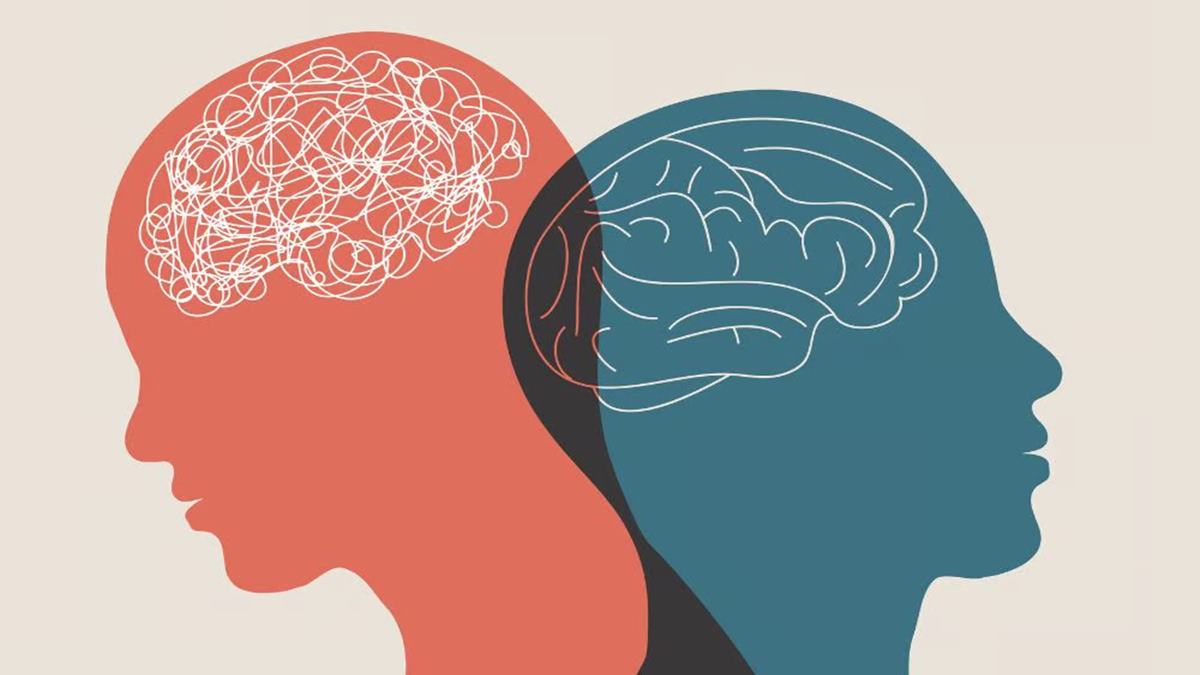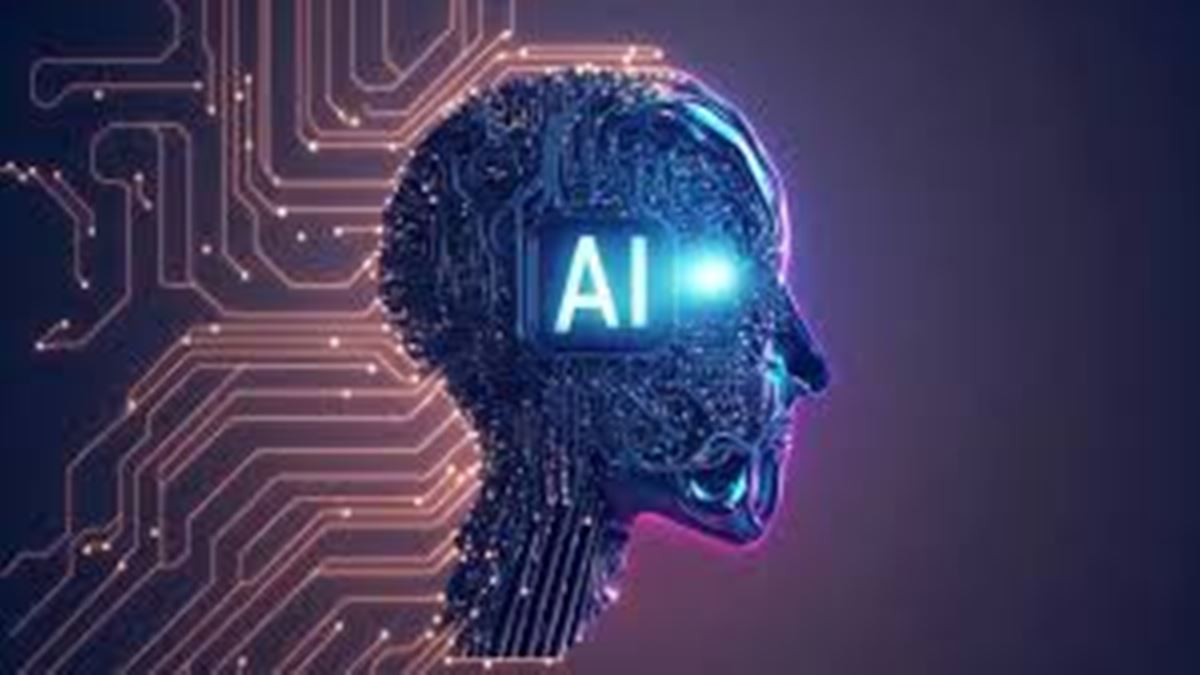As artificial intelligence rapidly transforms the workplace, many believe that mastering technical skills like coding, data science, or machine learning will be the key to career success. However, Amazon Web Services (AWS) CEO Matt Garman argues that it is not just technical knowledge that will matter most in the future, but rather the “soft skills” that AI cannot replicate.
In an interview with CNBC’s Closing Bell, Garman shared the advice he gave to his own son, a high school senior, which focused on developing critical thinking skills at university, regardless of one’s major. He explained, “I think part of going to college is building your critical thinking… It’s less about the development of specific skills and more about how you become a critical thinker. In some ways, I think that’s actually going to be the most important skill going forward.”
Research backs Garman’s claim, mirrors Sam Altman’s statement
This advice is backed by research. A 2023 study in Heliyon found that even in highly technical industries, over 40% of in-demand skills were human-centred, including problem-solving, flexibility, and strategic decision-making—areas where AI still falls short. Garman emphasised that while AI can generate ideas, humans are crucial for determining which ideas hold real-world value.
This mirrors the view of OpenAI CEO Sam Altman, who recently stated that AI’s output needs human curation and creativity to be truly useful, adding, “AI can generate lots of great ideas, but you still need a human there to say, ‘This is the thing other people want.’”
Adaptability and effective communication are key
Beyond critical thinking, Garman also stressed the importance of adaptability—the ability to embrace new technologies, including AI, and communicate effectively. These soft skills, which rely on emotional intelligence, empathy, and the ability to understand social cues, give humans a distinct edge over machines in many areas. As Garman pointed out, “Those people skills are going to continue to be super important for a long time.”
As USA Today recently highlighted, although AI excels in data processing and automation, it cannot replicate the trust, empathy, and interpersonal skills required to lead teams or navigate complex human relationships. Career strategist Madeline Mann calls these “highly transferable skills” that directly impact career growth, promotions, and job satisfaction. The 2025 LinkedIn Workplace Trends Report even ranked communication at the top of its list of in-demand skills.
Classroom not necessary to hone soft skills
For both workers and students, honing these soft skills doesn’t necessarily require a classroom. Strategic activities like playing board games, asking insightful questions, and actively seeking feedback can all enhance critical thinking and adaptability. For students, any discipline, from history to physics, can serve as a platform for developing these essential skills.
Source – https://english.mathrubhumi.com/news/world/soft-skills-ai-future-matt-garman-kl0evm0e




















